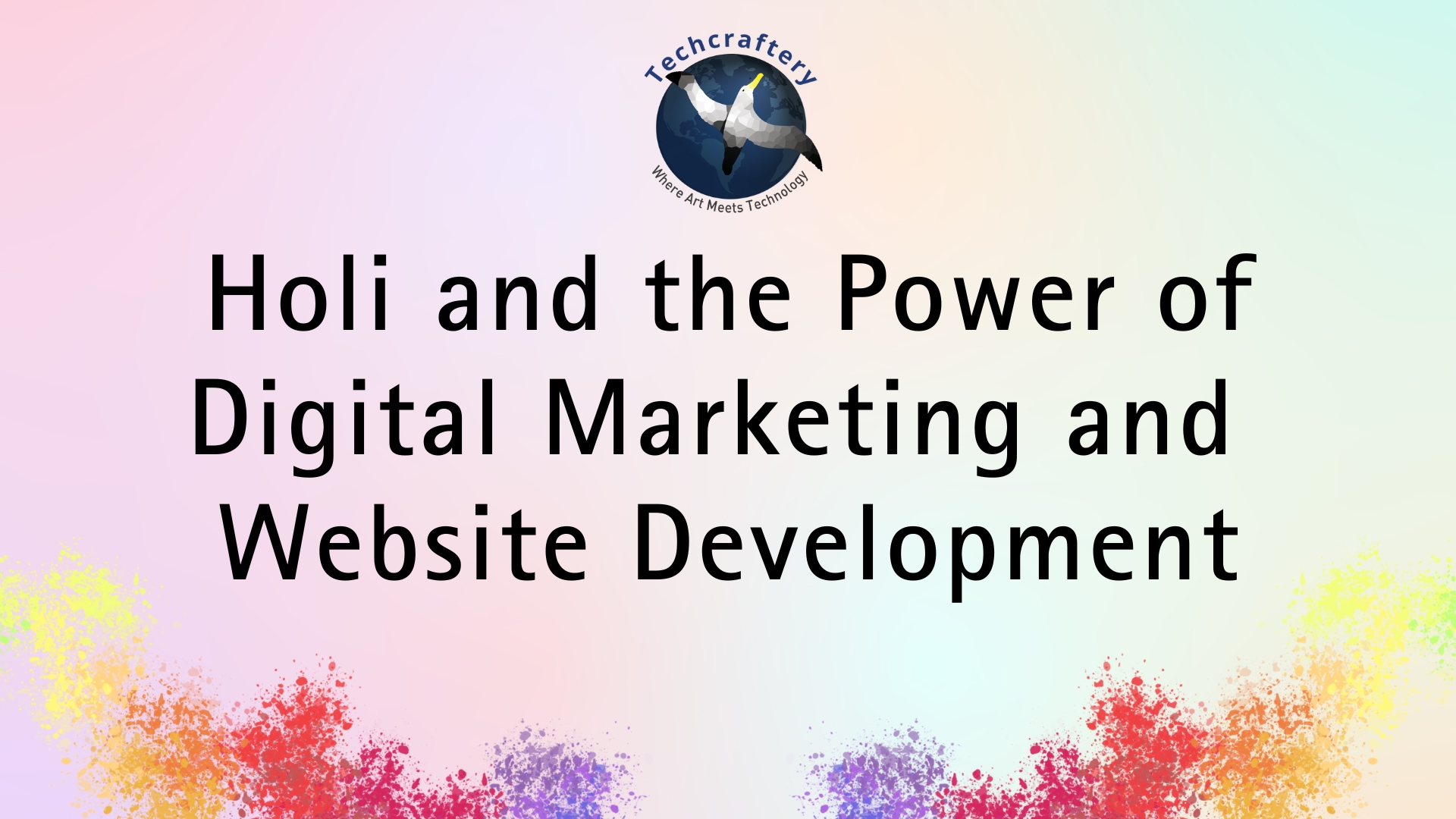In the rapidly evolving landscape of social media marketing, innovations have continually reshaped how businesses connect with their audiences, promote their brands, and drive success. From pioneering platforms to cutting-edge strategies, these innovations have revolutionized digital marketing practices and set new standards for engagement and ROI. This article explores the top 10 social media marketing innovations that have transformed the industry and unlocked new avenues for success.
1. Rise of Influencer Marketing
Influencer marketing has emerged as a powerhouse in social media strategies, leveraging the authority and reach of social media personalities to promote brands authentically. Influencers connect with niche audiences, fostering trust and credibility that traditional advertising struggles to achieve. Brands partner with influencers to tap into their followership, driving engagement and conversions effectively.
2. Evolution of Stories
The introduction of ephemeral content through Stories on platforms like Instagram, Snapchat, and Facebook has changed how brands share content. Stories allow for real-time updates, behind-the-scenes glimpses, and interactive polls, fostering a sense of immediacy and urgency. Brands capitalize on Stories’ temporary nature to create FOMO (Fear Of Missing Out) and encourage immediate engagement.
3. AI-Powered Chatbots
Chatbots powered by artificial intelligence have revolutionized customer service on social media platforms. These bots provide instant responses to queries, offer personalized recommendations, and even facilitate transactions. AI-driven chatbots enhance user experience by providing round-the-clock support and freeing up human resources for more complex tasks.
4. Shoppable Posts
Shoppable posts integrate e-commerce directly into social media platforms, allowing users to browse and purchase products without leaving the app. Platforms like Instagram and Pinterest enable businesses to tag products in posts, leading users seamlessly from discovery to purchase. Shoppable posts capitalize on impulse buying and streamline the path to conversion.
5. Augmented Reality (AR) Experiences
AR has transformed social media marketing by enabling interactive and immersive brand experiences. Filters and lenses on platforms like Snapchat and Instagram allow users to try products virtually, visualize outcomes, or participate in branded games and challenges. AR enhances engagement by blending digital elements with real-world environments, creating memorable interactions.
6. Micro-Moments Marketing
Micro-moments refer to brief, intent-driven interactions where consumers turn to their devices for immediate information or action. Social media marketers leverage these moments by delivering relevant content that addresses consumers’ needs in real time. By understanding user intent and context, brands capture attention and influence decisions during critical micro-moments.
7. Video Content Dominance
Video content has become the cornerstone of social media marketing, with platforms prioritizing video in algorithms and user feeds. Short-form videos, live streams, and interactive video content capture and retain audience attention effectively. Brands use video to convey messages visually, evoke emotions, and showcase products, driving engagement and increasing shareability.
8. User-Generated Content (UGC)
UGC has emerged as a powerful tool for social proof and authenticity in marketing. Brands encourage consumers to create and share content related to their products or services, leveraging UGC to build community, foster trust, and amplify reach. User-generated content resonates with audiences by showcasing real-life experiences and endorsements from peers.
9. Personalization at Scale
Advancements in data analytics and targeting capabilities have enabled personalized marketing at scale on social media platforms. Brands utilize user data to deliver tailored content, recommendations, and advertisements based on demographic, behavioral, and psychographic insights. Personalization enhances relevance, increases engagement, and drives conversions by catering to individual preferences and interests.
10. Social Commerce Integration
Social commerce integrates shopping features directly into social media platforms, transforming them into digital marketplaces. Platforms like Facebook Marketplace and Instagram Shops allow brands to showcase products, facilitate transactions, and drive sales within the social media ecosystem. Social commerce capitalizes on social interactions and recommendations to influence purchasing decisions.






